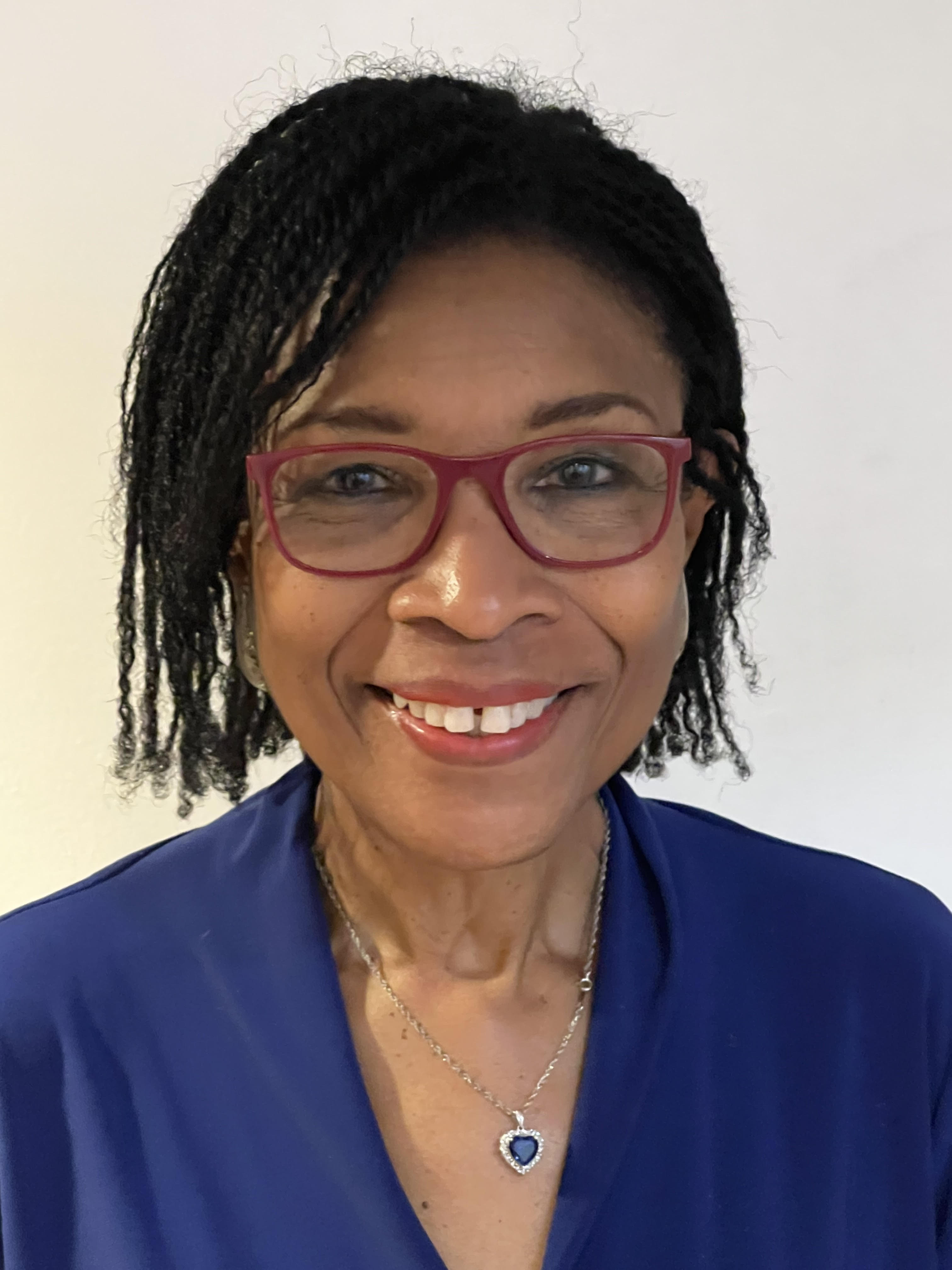Advancing Diversity, Equity, and Inclusion: Latest DDNJ Podcast

In the latest DDNJ podcast, Institute for Disability Director Matthew Wappett and National Center for Cultural Competence Director Tawara Goode explore how leadership is crucial in creating cultural and communal change.
"I think that we have not looked at equity at all, in the space," Dr. Goode said. "Disability organizations have looked at diversity, and have looked at inclusion, but that was through a particular lens."
In the Developmental Disabilities Network Journal, Goode's article, "Advancing Diversity, Equity and Inclusion and Developmental Disabilities, the Essential Role of Leadership for Cultural and Linguistic Competence," reports her discoveries from a six-year program to help educate and facilitate diversity, equity, and inclusion in administrative and community living.
Cultural and linguistic competence are research-based practices used to promote equity, diversity, and inclusion. It requires determined and tactful leadership to execute changes while respecting the attitudes, opinions, and values of other races, ethnicities, and cultures.
"Advancing cultural and linguistic competence, diversity, equity inclusion takes leadership, and it takes leaders," said Goode. "The takeaway message is this doesn't happen just because of osmosis. That this work is ongoing. It takes leadership and individual leaders to help guide our path forward.
"Being a leader in this space means that you have to take care of yourself, because it is so difficult. I think that we just keep plugging along, not really thinking of the kind of stress that we can encounter. And so being a good leader is being able to … figure out what are things that I need to do to be whole and healthy, physically, spiritually, emotionally, cognitively, in this space."
A crucial element of being a leader is it often requires intense diligence. "It's hard to look at people outside of yourself," said Dr. Wappett, IDRPP's executive director and podcast host. "It's hard to work with systems. It's hard to work with groups if you haven't taken care of yourself first. Because working with others is exhausting.
'I think part of leadership is that the work will go on because there's always going to be what we call an adaptive challenge," Goode proposed. "If we're looking at ‘how do we differentiate technical from adaptive challenges,’ we look at just basically asking this one question: ‘Does making progress require changes in people's values, their behaviors, their attitudes, and their actions?’ And if you answer yes to that, now, again, think about this in a diversity, equity, and inclusion space. If you answer yes to all of those, that tells you that you're in adaptive work.
"Anyone can do a curriculum. The adaptive work is being able to train people to want to use that curricula, understand the content, convey it to their students, and feel very motivated to do that."
Leadership is a crucial element in advocating for change in a positive and inviting way.
You can learn more about the journal and its companion podcast on our website. Subscribe to DDNJ Author Insights on Apple Podcasts, Spotify and Google Podcasts.
Pictured: Tawara Goode

